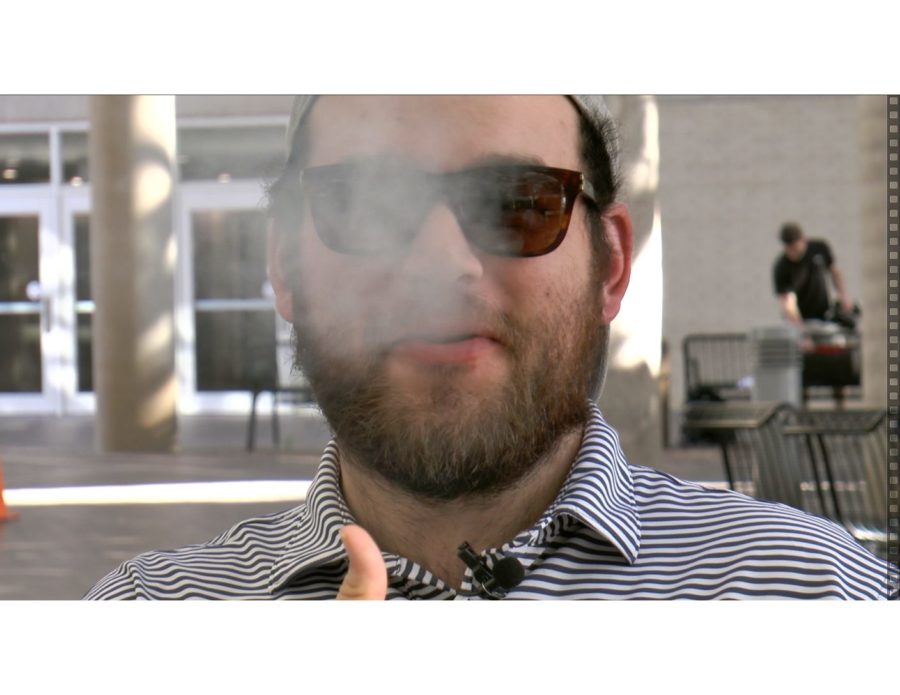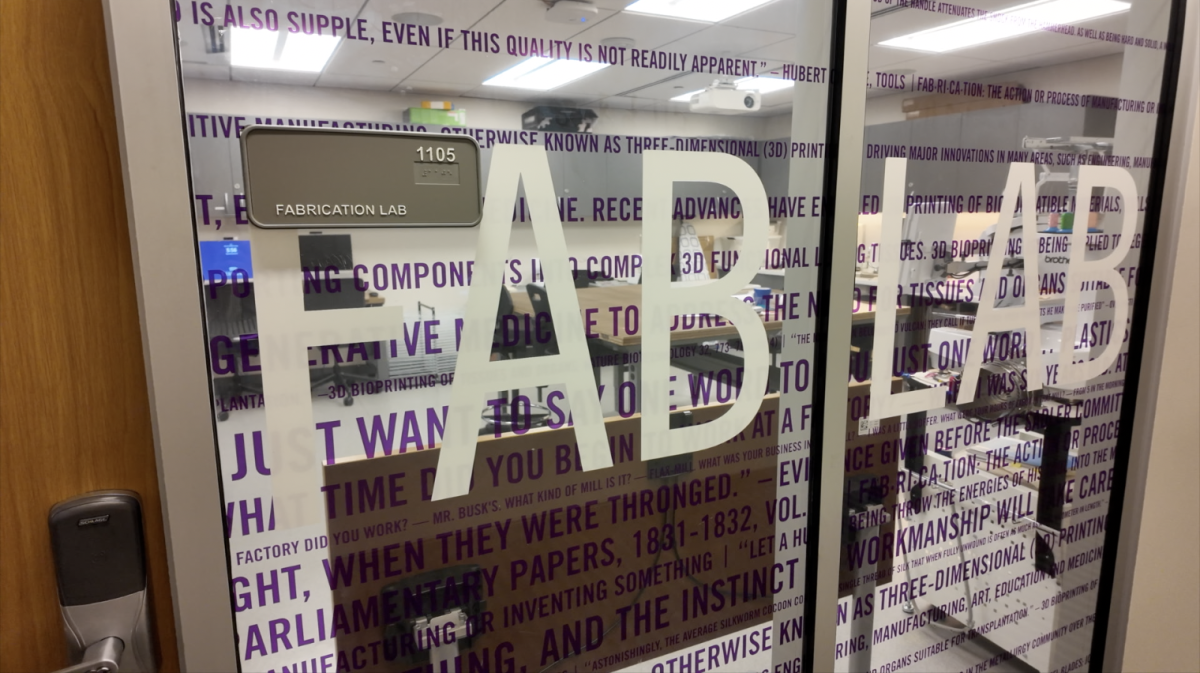Smoking rates have been steadily declining over the years. However, the growing popularity of e-cigarettes has some experts worried there might be a new generation of nicotine addicts. The Washington Post reported that preliminary data from The National Adult Tobacco Survey showed a 75 percent increase in e-cigarette use among teenagers this year versus 2017. Electronic cigarettes, which rely on liquid nicotine that is inhaled through a vapor, were introduced at the turn of this century. One of the most popular brands, JUUL, recreates the nicotine levels found in cigarettes and is flavored to make the nicotine more palatable. JUUL promotes its products as an alternative for adult smokers, but it has become a gateway to nicotine addiction for teens and young adults. The appeal comes from a powerful nicotine experience without the taste or smell of cigarettes, said Oscar Espinosa, a senior economics major. Espinosa said he used to smoke cigarettes regularly — since using JUULs, he hasn’t touched a cigarette in more than a year. “I come from a family of cigarette smokers, I guess it popped onto me hereditarily,” Espinosa said. “I hate the smell of cigarettes and everyone started JUULing and I don’t know how to explain it, it’s efficient and it’s kind of different.” And it’s not just Espinosa — he said it’s hard to find someone at TCU who doesn’t JUUL. “When I started as a freshman, cigarettes were still a thing and JUUL wasn’t that big,” Espinosa said. “Junior year came around and cigarettes are out of the picture and everyone wants to JUUL — I can understand why. It’s a lot better for you honestly.” However, officials disagree. The Food and Drug Administration is threatening to pull e-cigarettes off the market if they cannot find a way to stop teenagers from vaping. They’re giving companies just 60 days to put an end to the e-cigarette craze. “A lot of the appeal around using JUULs and e-cigarettes is that it has started to transcend into a societal norm,” said Brad Stewart, associate director of health and wellness. Although officials are still learning about the long-term health effects of e-cigarettes, Stewart said any form of addiction has its consequences. “To kick a nicotine addiction is actually harder than an addiction to heroin,” Stewart said. “Many individuals don’t realize how hard the nicotine addiction is — understand what you’re getting into and understand the repercussions of those decisions.” Electronic cigarettes are the most commonly used tobacco product among teenagers, according to the CDC.
“I have a friend in a bunch of my classes who take breaks to step outside to go to the bathroom and JUUL,” said a TCU student who asked not to be identified. “People think it’s cool and then they do it and become addicted to it.”










